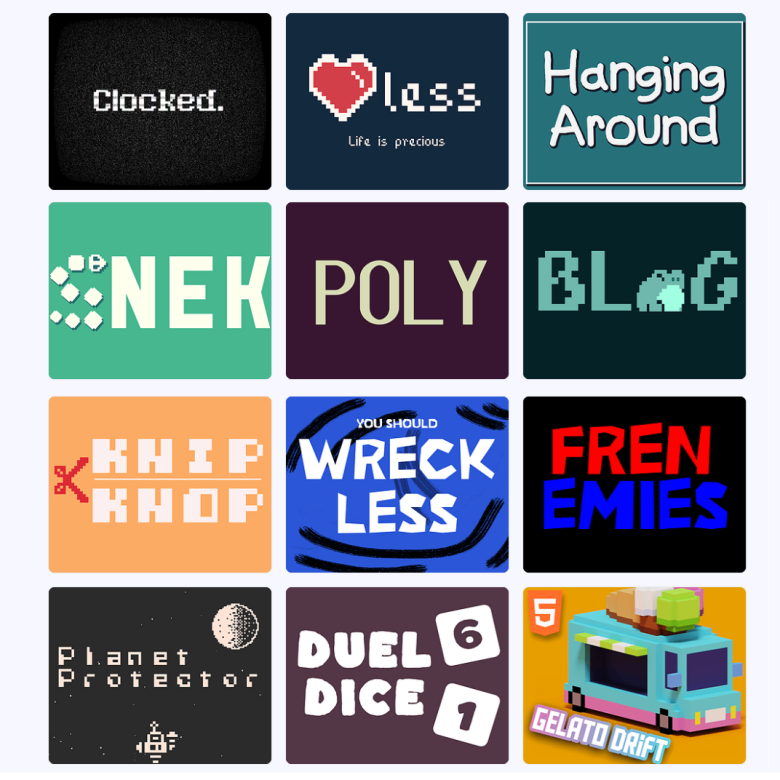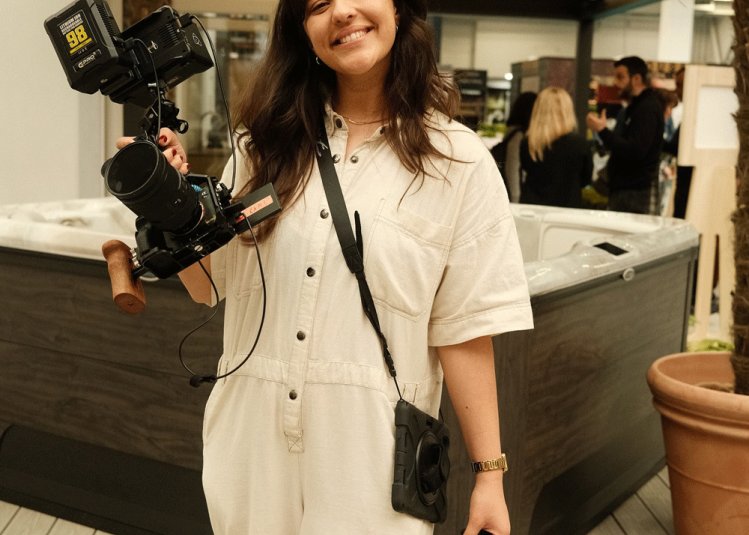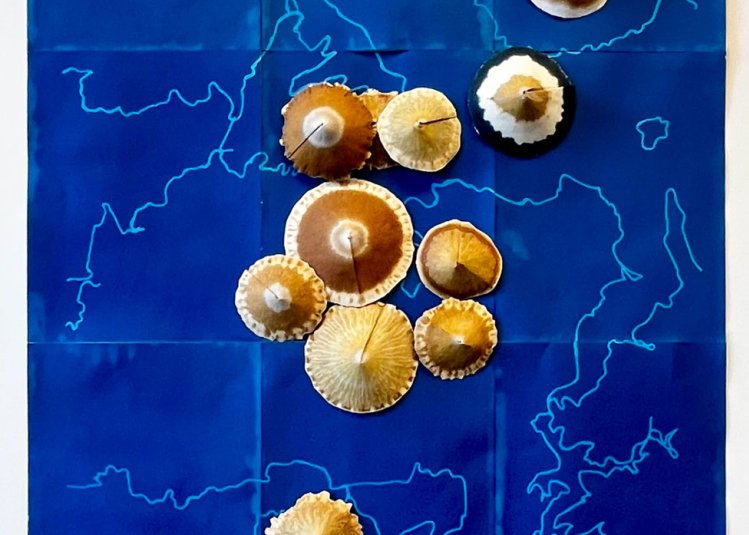Indie Games Online student completes 12 games in 12 weeks project
23 September 2025

For his final major project on the Indie Game Development MA (Online), Mathijs Koning set himself a bold challenge to test his creativity: create 12 games in 12 weeks. Each had to be designed, built and finished in under 16 hours, then shared online with players.
What began as an alternative to the usual six-month project became an experiment in creativity, resilience and learning to embrace failure. Along the way, the weekly deadlines brought new energy, fresh ideas, and plenty of motivation from curious friends, students and online players eager to try each release.
We spoke to Mathijs about the project, how he stayed motivated and his time on the course.
What inspired you to take on the challenge?
While most of my peers focused on a single game for their final project, I wanted to do the opposite: create many different things, explore, experiment and have fun without worrying about whether the result was successful or commercially viable.
I took inspiration from game jams I’ve joined, where you make a game from scratch in a weekend. You have to be creative, make fast decisions and work within strict limits. For my project, I set myself the challenge of making 12 games in 12 weeks.
How did you stay motivated?
The tight deadlines kept me in the flow. It was fun to make something new each week, and easy to share my work. Seeing people play my games straight after release was motivating. I also work in education, and students asking to try my new game each Monday gave me extra encouragement.
This project explores failure as part of the creative process. Why was that important?
Failure is inevitable with creative work. There are too many decisions to get them all right first time, so I wanted to get comfortable with it. Like learning to fall safely on a skateboard, I treated each game as a chance to stumble and recover. That way failure became less intimidating; it became part of the process.
Each game was made in under 16 hours. What were the benefits of that limit?
The way the experiment was set up resembled a marathon of sprints. The sixteen-hour limit each week was a much-needed restriction to prevent myself from burning out during the second or third game. Burnout is quite common in the games industry, so my research supervisor, Matty McGrory, had valid concerns about the setup for this experiment, especially the intense development schedule lasting three months. Based on his advice I made some changes to the project to make it more sustainable, which I greatly benefited from in the long run.
With limited time, I had to move quickly, avoid overthinking and keep the scope realistic. I finished 11 of the 12 games. Cancelling one felt like failure at first, but I later saw it as just another useful part of the experiment.
What will you take forward from this project?
I learned how to scope ideas quickly, manage myself, and balance creativity with pragmatism. I’ve become more confident sharing work, more comfortable with imperfection, and less worried about commercial outcomes. The most popular game is Knip Knop (knip is the Dutch word for cutting something with scissors), in which players cut shapes into equal pieces. It is a simple concept that became quite popular, so it is tempting to see if I could take that idea further.
How did you find the Indie Game Development MA (Online) at Falmouth?
I looked for an MA course that allowed me to explore my personal interests while offering both academic rigour and a focus on creativity. As an international student, the course’s online and part-time structure was wonderful and gave me the freedom I needed while still providing support. It has been great getting to know like-minded people and receive advice and guidance from industry veterans.
A lot of game developers and peers I talked to about this experiment told me that it sounded quite insane (in a good way, I suppose). That helped me shape the experiment to make it more sustainable. Some even admitted they were a bit jealous they were not participating themselves, so I took that as confirmation I was doing something useful. The main response from others was genuine interest and excitement, as my project was a bit unorthodox compared to what students normally do for their final major project.
What games do you enjoy playing?
I enjoy a mix of bigger RPGs like The Witcher 3 and Baldur’s Gate 3, and smaller indie titles like Eastward and Gris. I like variety rather than sticking to one game long term. With the project finished, I’m catching up on recent releases. I’m also curious about what GTA VI will do to gaming culture next year.





